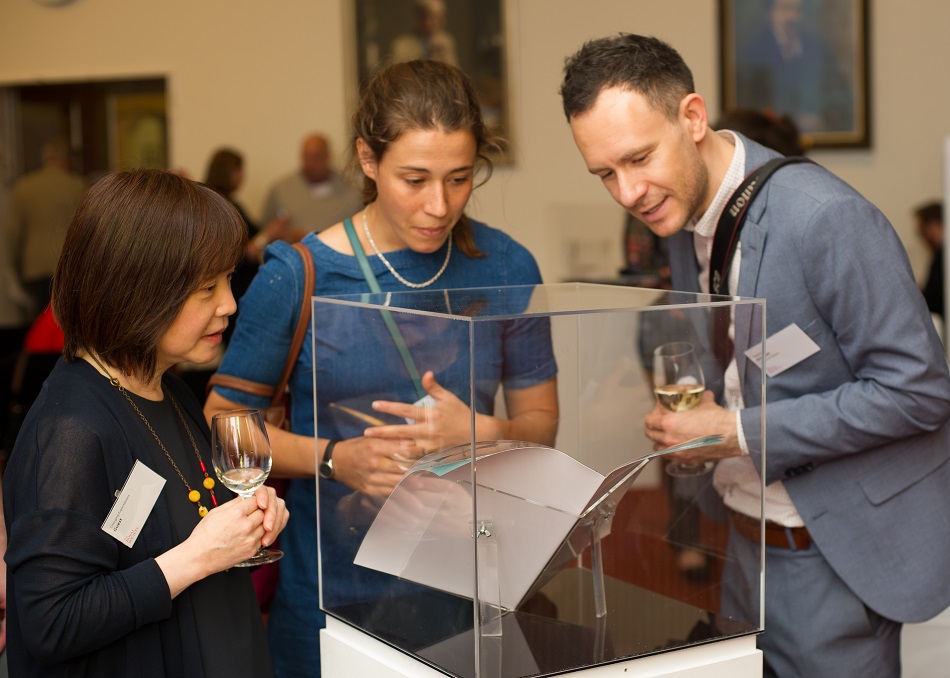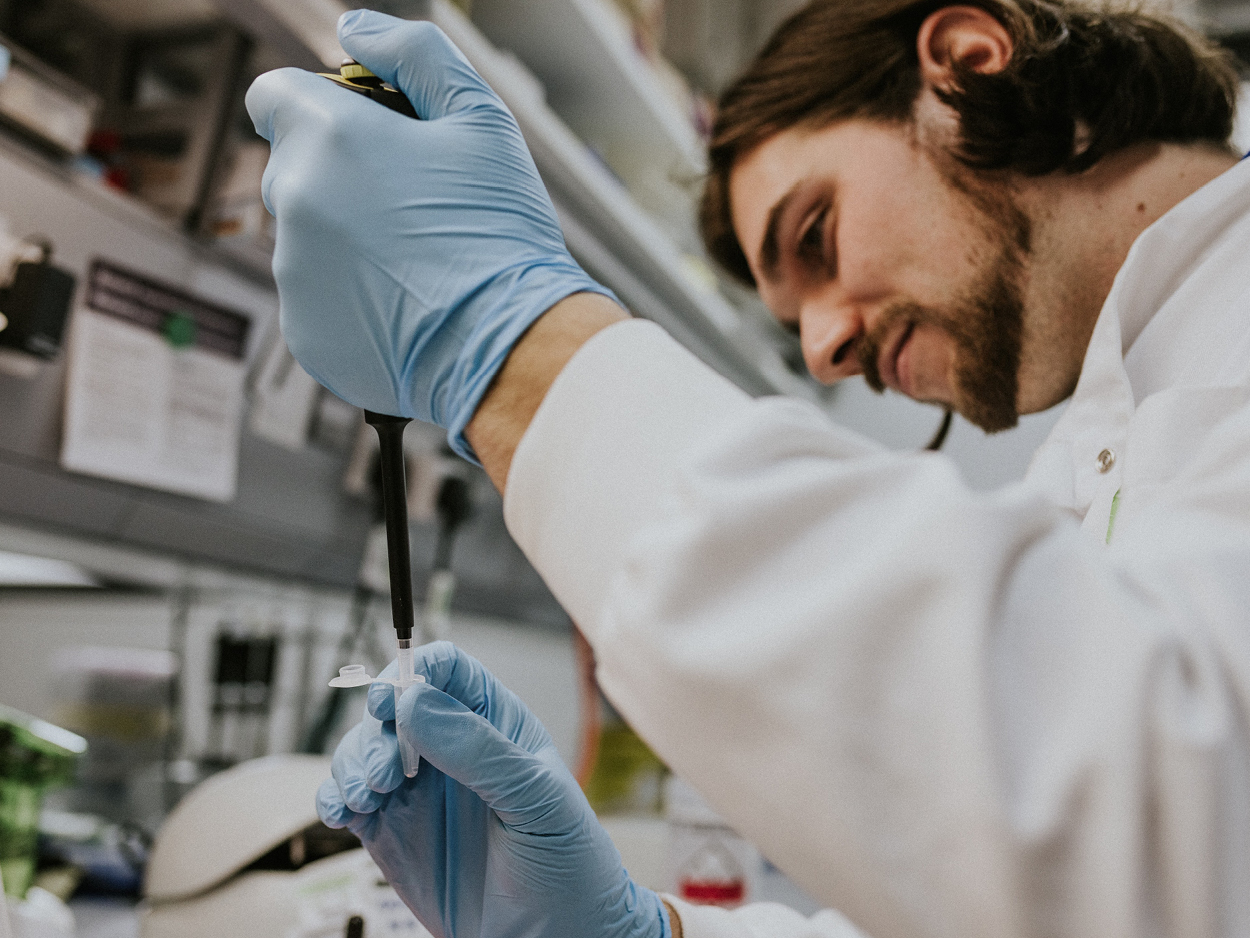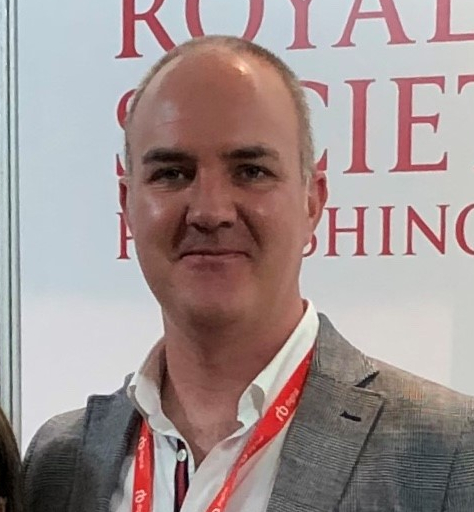A healthy research community
In order to deliver the best possible science, there needs to be adequate investment in research and development. At the same time, it is important to foster a culture within the scientific community that builds trust and confidence in the work being done by researchers in the UK.
The research and innovation sector in the UK is among the most highly regarded in the world, and it contributes enormous benefits to the country’s economy. Yet, there are always areas for improvement. In a fast-changing world, the UK needs to be nimble to ensure it can continue doing the science that matters, but it also requires a coordinated vision.
The Royal Society is taking a long-term view of science in the UK, looking at what will be needed to ensure the country has the best supply of talent, the infrastructure and funding it needs. We want to support an environment where science is done openly and in ways that encourage public discourse about how it should be used, and where any limits should lie.















